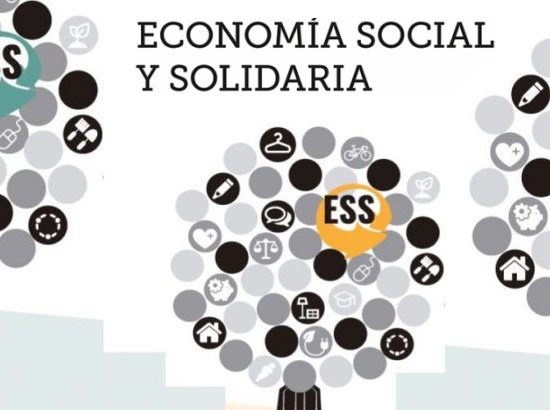URBANiTE


Título: URBANiTE – Post-crisis urban governance transformations in Southern Europe: a comparativist approach.
Entidad financiadora: European Commission
Período de ejecución: October 2017 to September 2019
URBANiTE is a Marie Curie action supervised by Fabiola Mota (PI) and Michael Janoschka and implemented by Athina Arampatzi, after having received funding from the European Commission through the Intra-European-Fellowship scheme. The overall objective of URBANiTE is to investigate the post-crisis governance transformations in the cities of Madrid and Athens, the relationships that are developing between civil society and emergent political actors and the transformative potential of social actors and extent of influence on institutional change. The project will produce comparative and context-sensitive outcomes of high relevance for science and society. In this respect, it will investigate and cross-analyse the interactions between institutional changes and social actors and movements taking place in the two cities, focusing on two key policy arenas of housing and social/solidarity economy; and on the novel governance mechanisms introduced, the concrete policy initiatives and public discourses produced around these. URBANiTE involves interdisciplinary research with policy implications for the democratic governance of inclusive, innovative and reflective societies. The lessons generated will be of crucial relevance for multi-level territorial governance, with transferable outcomes to other EU contexts.
As such, the project refers to the post-crisis transformations of the socio-political landscapes in Southern Europe, which have shaped crucial opportunities for emergent political actors and the civil society to introduce new governance mechanisms. Since 2011, austerity agendas have been employed in order to deal with the financial crisis in countries such as Spain and Greece, which arguably contributed to growing inequalities and uneven development among EU member states, regions and cities; as well as to an increasing distancing between EU policies and decision-making and the particularities and interests of local societies. At the same time, the above led to a turbulent period of intense social mobilizations, culminating in the emergence of the 15M movement across cities in Spain and the squares’ movement in Greece, as well as multiple urban-based initiatives and neighbourhood assemblies. Deliberative democracy, social solidarity and grassroots re-appropriation of urban space acquired a central role within the practices of these emergent social movements. Moreover, these recent socio-political developments contributed to the rise of new political actors and electoral shifts in local, regional and national governments, such as Syriza in Greece and Podemos in Spain.
As a result of such rapid socio-political developments and the transformations that are currently underway at various governance levels, and at the city level in particular in Madrid and Athens, we can identify new crucial pathways that are opened up. Such pathways include fundamental societal demands for new ways of organizing local democracy, alternative types of social and economic conduct and citizens’ involvement in decision-making in the light of sweeping challenges in Europe and beyond.


